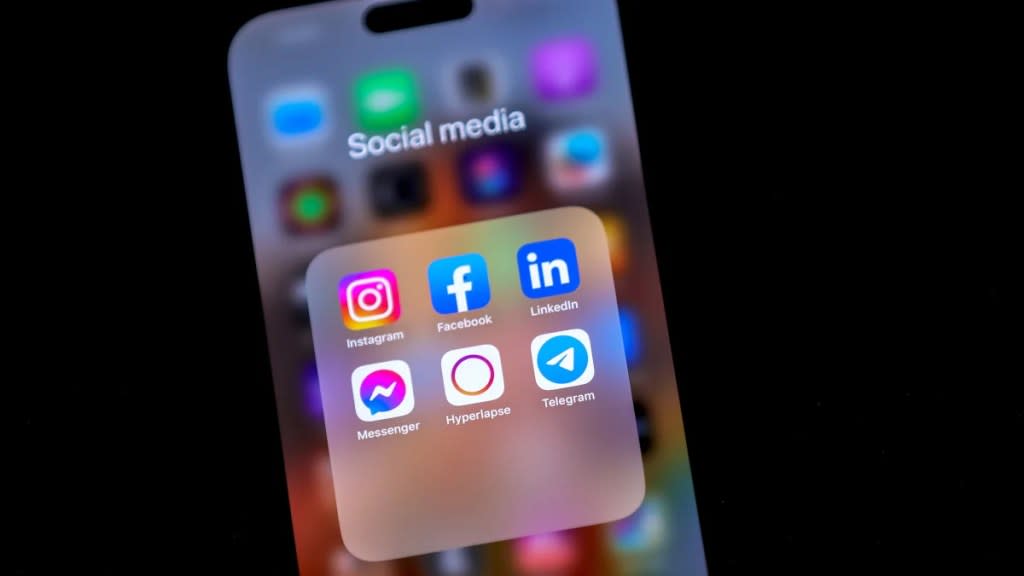Supreme Court Rules Public Officials May Be Sued for Blocking People on Social Media

President Trump’s former Twitter account wasn’t among the cases the Supreme Court decided Friday over blocking constituents on social media – but his tweets were a proverbial elephant in the courtroom.
The court ruled unanimously that members of the public can, in some circumstances, sue public officials who “block” them on social media platforms. The two cases in question did not involve the 45th president, but his use of Twitter during his term in the White House provided a backdrop for the arguments, NBC News reported.
The decision came in disputes between a city manager in Michigan and a constituent, and between a Southern California school board member and parents of a student in the district. The court said both cases must be sent back to lower courts to apply the new legal test, which determined that officials can be considered “state actors” when they use social media for government purposes, and can therefore be sued if they block or mute a member of the public.
The ruling applies even when the official is using a personal social media account, as long as the account has also been used to disseminate official information in the past.
“In the run-of-the-mill case, state action is easy to spot,” Justice Amy Coney Barrett wrote in the decision, noting that “courts do not ordinarily pause to consider” whether the law that defines action on behalf of the government applies, for example, to police officers, public schools, or prison officials. “Sometimes, however, the line between private conduct and state action is difficult to draw,” Barrett wrote, including when social media use is in question.
The distinction “turns on substance, not labels,” she wrote, noting that private individuals can act with the authority of the government and also that government officials have private, personal lives and their own constitutional rights, “including the First Amendment right to speak about their jobs and exercise editorial control over speech and speakers on their personal platforms.”
But when a public official is using social media, Barrett wrote, if the person has actual authority and was attempting to exercise that authority with a post, that would place the communication under the official banner, which means the government employees cannot prevent members of the public from engaging in discussion.
The two officials in the cases are low-level government employees, but the ruling will apply to all public officials who engage with the public via social media.
During arguments before the court in October, NBC noted, Trump’s use of the platform known as Twitter while he was in office was frequently mentioned.
The post Supreme Court Rules Public Officials May Be Sued for Blocking People on Social Media appeared first on TheWrap.

 Yahoo News
Yahoo News 
